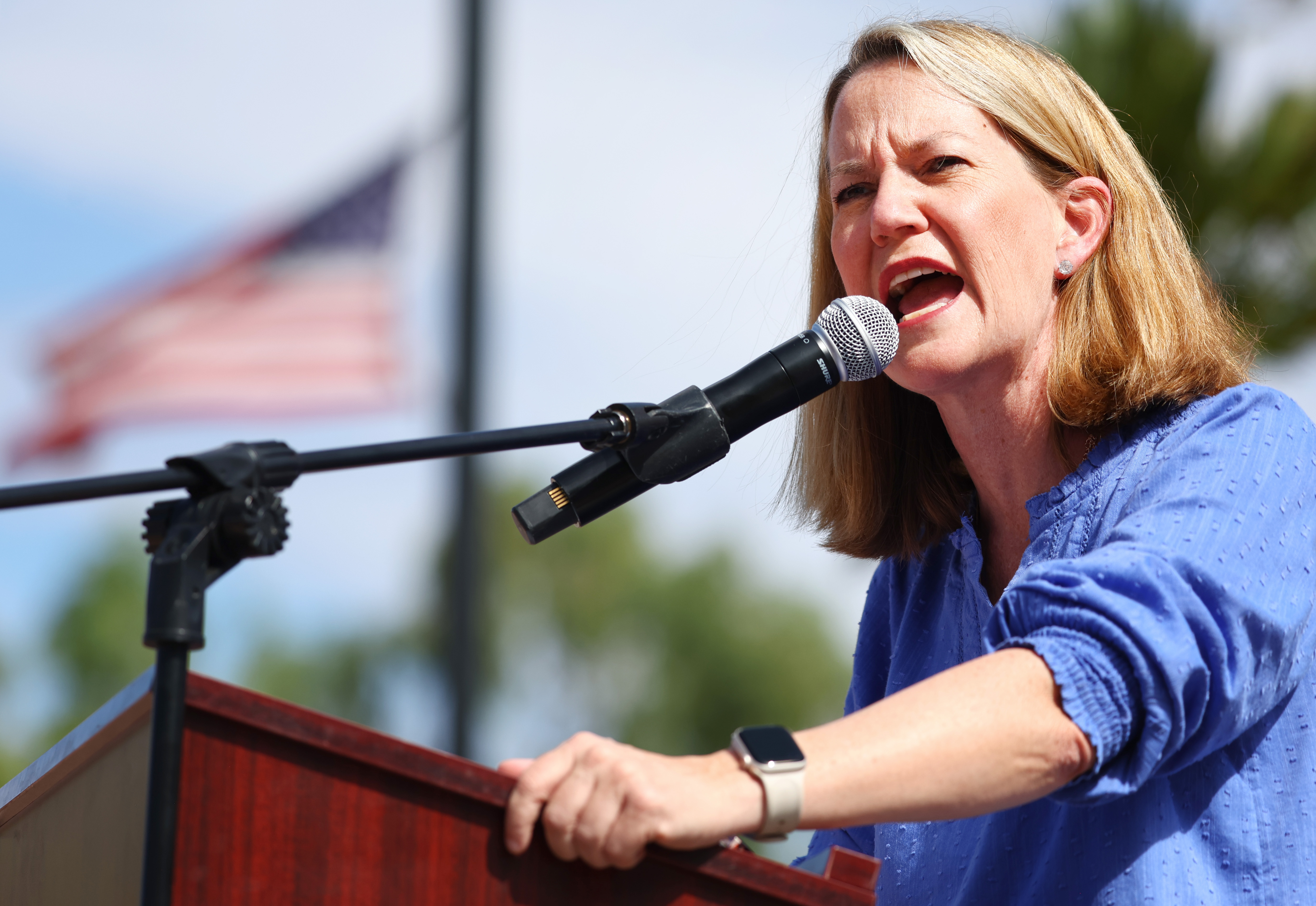Hawthorne Race Course in Stickney canceled a scheduled race card today, a sign that Chicago’s tracks are in a desperate situation as they wait for the state legislature to bail them out with slot machines.
“This is not something we want to do, but at the same time, we don’t want to put out a subpar racing card either,” Hawthorne Assistant General Manager Jim Miller said in a press release. “This entry day had 21 possible race options and did not draw a ton of interest...In my mind, it is pointless to overextend the horse population when it doesn’t make sense. The races that filled or got close to filling will become our extras for Wednesday and we will hopefully produce better cards.”
This early in the year, Hawthorne never draws the best horses. When I went to the track last Wednesday, most of the races were for horses who had never won a race, or horses who had won once in their lifetimes -- the least competitive members of the Thoroughbred breed. Trainers have always preferred to run their stars in the warmer weather of Louisiana and Kentucky, two traditional horse-racing states that also provide better prep races for the Kentucky Derby.
But now Hawthorne is also competing for horses with West Virginia, Indiana, Pennsylvania and Delaware. Those states have installed slot machines at racetracks, resulting in more lucrative purses for winning horses.
How bush league is Hawthorne’s brand of racing? Last year, the track stopped running on Sundays, because it could no longer compete with Belmont and Hollywood for the attention of the boys at OTBs around the country. That was the idea behind racing on Tuesday: run when all the big tracks are taking the day off, and there’s nothing better to gamble on.
According to a Sun-Times report on the dire state of horse racing in Illinois:
In 2010, the state took in only $7.4 million from horseracing, an 84-percent slide from three decades ago.
Total wagering in 2010 — nearly $725.7 million — dropped by 44 percent compared with 1992 and represented the lowest amount of betting since the early 1970s, according to the Illinois Racing Board’s soon-to-be-released 2010 annual report.
As a result of less wagering, racing is not as lucrative for horse owners. Total purse money — nearly $54.3 million — has slid 54 percent since 2002. Harness racing purses dropped by 62 percent since 2002.
Politics
The racetracks thought their salvation had arrived last fall, when the state senate passed a bill granting them slot machines. But the bill’s House sponsor, Rep. Lou Lang, D-Skokie, never called it for a vote, claiming he didn’t have the votes, or the support of Gov. Pat Quinn.
Lang reintroduced the bill this session. Maywood Park, a harness track in the western suburbs, is threatening to close if a bill doesn’t pass by June. Sportsman’s Park, which stood next to Hawthorne for decades, closed in 2002. Rumor has it that a waste management company covets Hawthorne’s 119 acres for an incinerator and recycling plant, which would join the oil refinery and the sewage treatment plant in fouling the air of the near western suburbs.
Hawthorne will return to action on Wednesday -- with eight races, one less than usual.

Buy this book! Ward Room blogger Edward McClelland's book, Young Mr. Obama: Chicago and the Making of a Black President , is available Amazon. Young Mr. Obama includes reporting on President Obama's earliest days in the Windy City, covering how a presumptuous young man transformed himself into presidential material. Buy it now!



